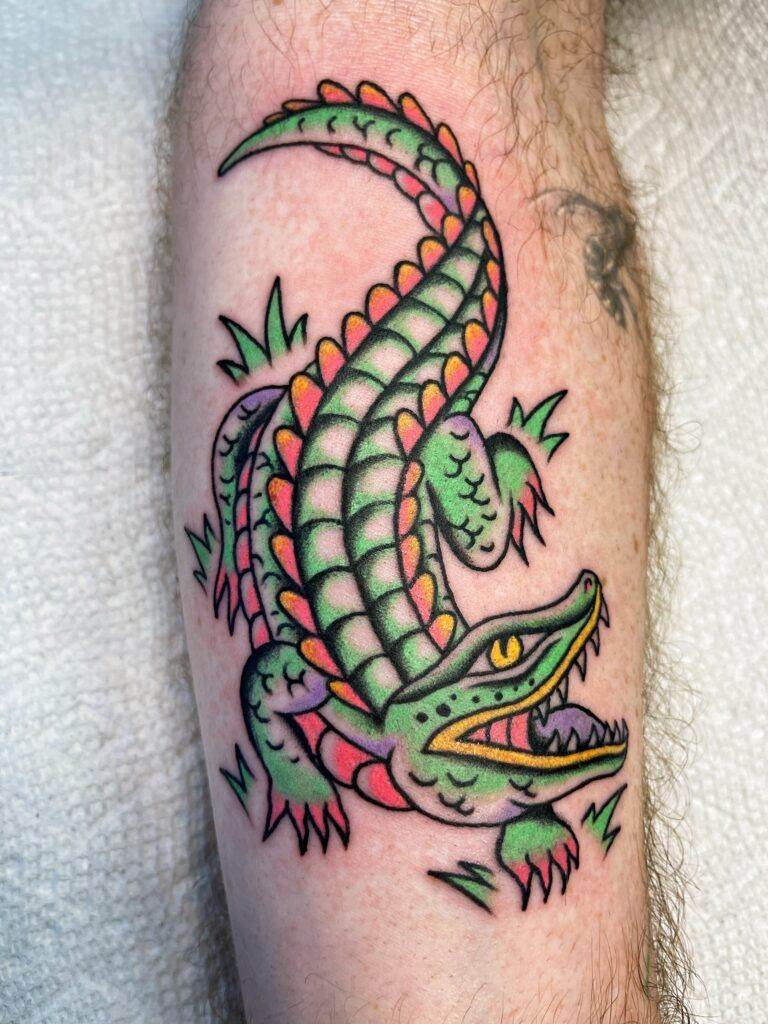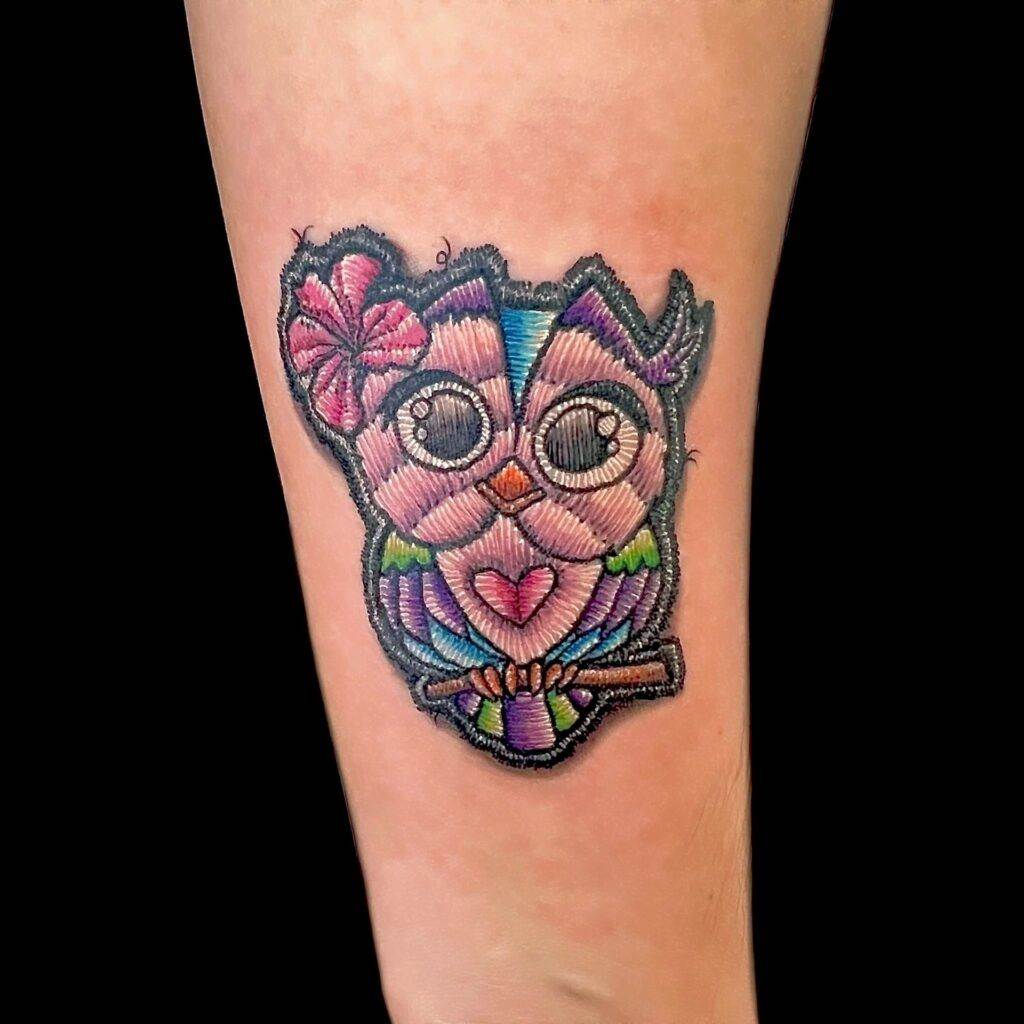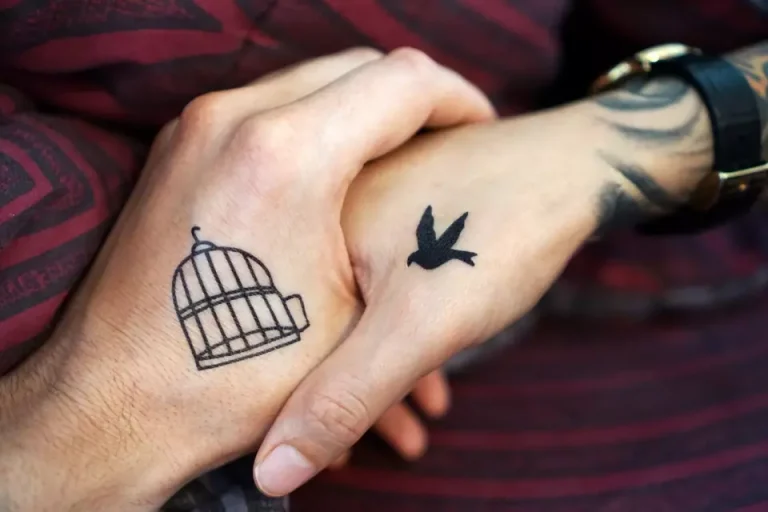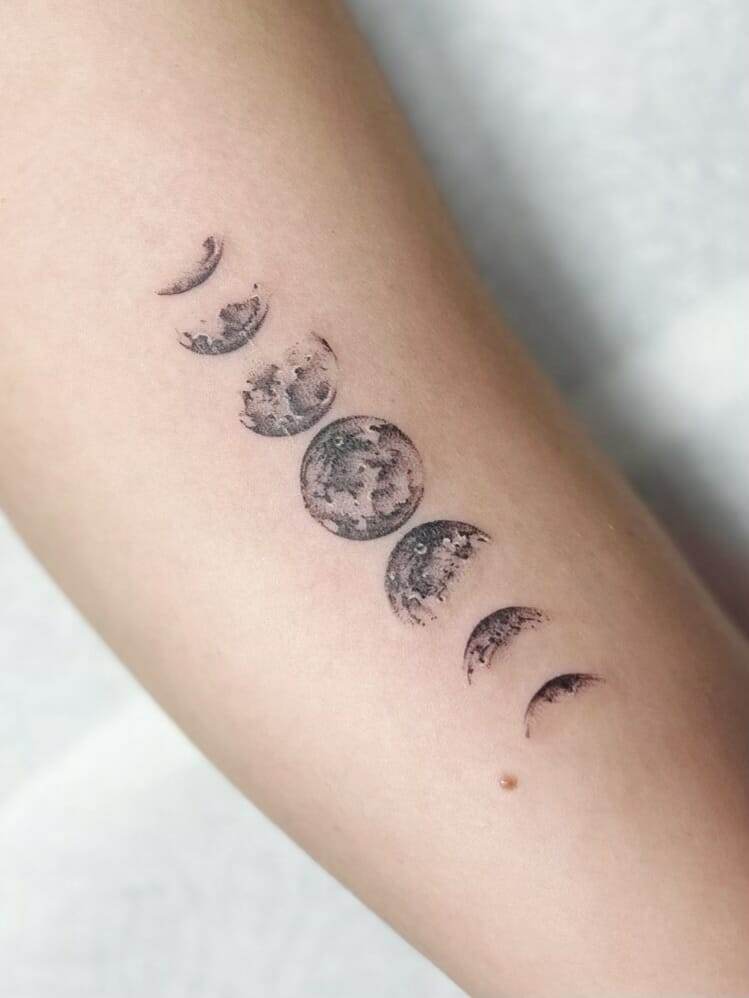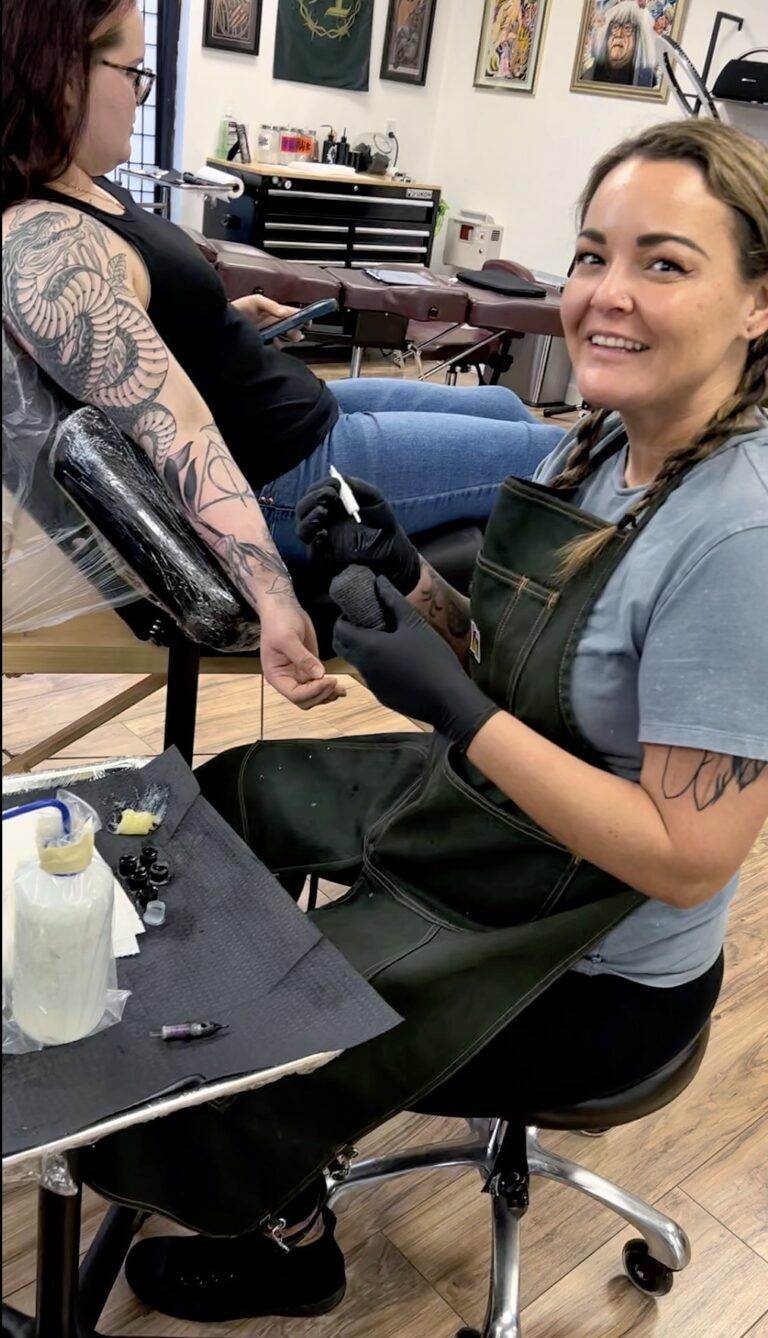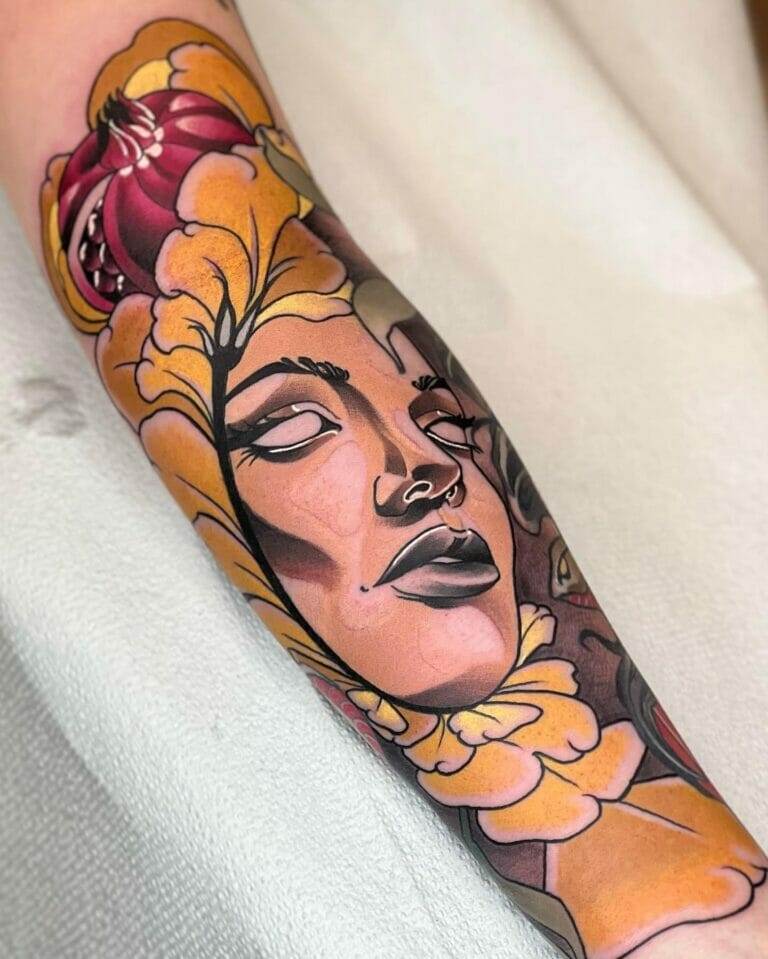Introduction
Getting a tattoo is an exciting experience, but proper aftercare is crucial for ensuring a smooth healing process. This is especially true in high-humidity environments, where sweat, moisture, and heat can pose unique challenges. Humidity can affect how your skin heals, increase the risk of infection, and impact the overall appearance of your tattoo. This guide will provide you with essential tips for caring for your healing tattoo in such conditions, ensuring that your new ink remains vibrant and beautiful.
Understanding the Impact of Humidity on Healing
Why Humidity Matters
Humidity levels can affect your skin’s ability to breathe and heal effectively. In high-humidity environments, sweat can build up on the skin’s surface, potentially causing irritation or trapping bacteria around the tattoo. Moreover, excessive moisture can lead to prolonged healing times and increase the risk of complications.
Signs of Trouble
It’s important to monitor your tattoo for signs of issues, especially in humid conditions. Look for:
- Excessive redness or swelling: This could indicate irritation or infection.
- Increased itchiness: While some itching is normal, extreme itchiness can be a sign of a problem.
- Unusual discharge: Any pus or liquid that is not clear can signify an infection.
Immediate Care After Getting a Tattoo
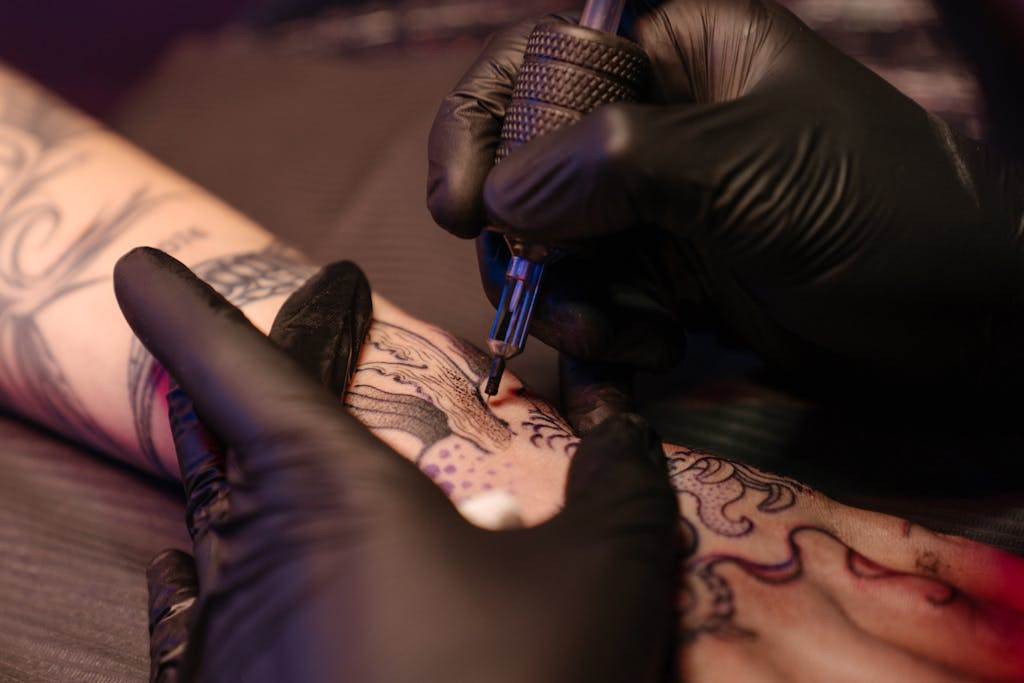
Follow Your Artist’s Instructions
Your tattoo artist will provide specific aftercare instructions tailored to your tattoo. It’s essential to follow these guidelines closely.
Keeping It Clean
- Remove the Bandage: After the recommended time (usually a few hours), gently remove the bandage and wash your tattoo with lukewarm water.
- Use a Mild Soap: Opt for an unscented, antibacterial soap to cleanse the area without causing irritation.
- Pat Dry: Gently pat the tattoo dry with a clean towel instead of rubbing it, which can irritate the skin.
Daily Aftercare Routine
Moisturizing
- Use a Fragrance-Free Lotion: Keeping the tattoo moisturized is crucial, especially in humid conditions. Look for a lightweight, fragrance-free lotion or a specialized tattoo aftercare product.
- Apply Regularly: Moisturize at least twice a day to keep the skin hydrated and reduce the risk of peeling.
Avoiding Over-Moisturizing
While hydration is essential, be cautious not to overdo it. Excessive moisture can lead to maceration, where the skin becomes overly soft and may increase the risk of infection. Apply just enough to keep the tattoo moist but not soggy.
Protecting Your Tattoo
Avoiding Excessive Sweat
- Limit Strenuous Activity: For the first few weeks, try to avoid heavy exercise or activities that cause excessive sweating. If you must exercise, opt for low-impact activities to minimize sweat buildup.
- Wear Loose Clothing: Loose, breathable fabrics can help reduce friction and allow airflow, promoting better healing.
Sun Protection
- Avoid Direct Sunlight: High humidity often comes with increased UV exposure, which can damage healing skin and fade your tattoo. Stay out of the sun as much as possible.
- Use Sunscreen After Healing: Once your tattoo has fully healed, apply a broad-spectrum sunscreen with at least SPF 30 to protect it from UV rays.
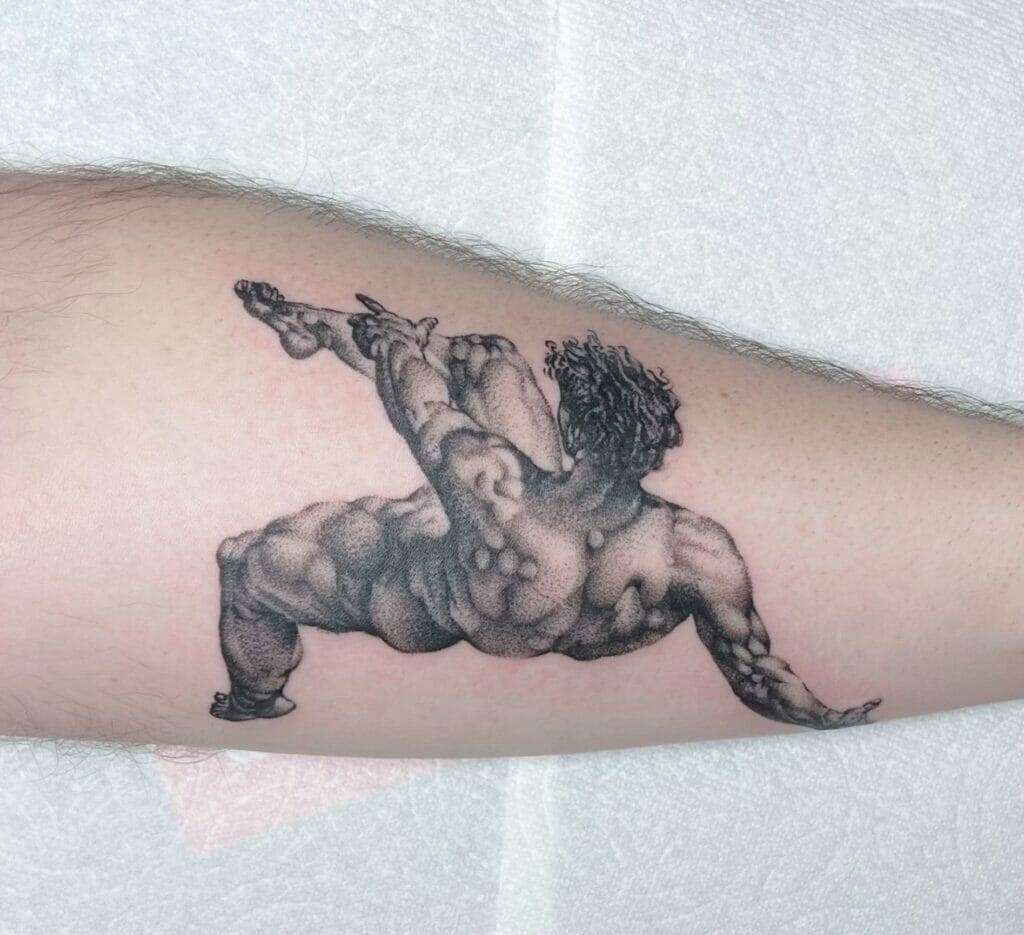
Keeping It Clean
Washing
- Clean Gently: When washing your tattoo, use your hands rather than a washcloth or sponge to avoid irritation. Clean the tattoo gently and avoid scrubbing.
- Rinse Thoroughly: Ensure that you rinse off all soap to prevent any residue that could cause irritation.
Avoid Soaking
- Skip Baths and Hot Tubs: In high humidity, it’s best to avoid soaking in baths, hot tubs, or swimming pools, as these can introduce bacteria and irritate the healing skin.
Monitoring Your Tattoo
Watch for Complications
Keep an eye on your tattoo for any signs of complications, especially in humid conditions. If you notice any excessive redness, swelling, or discharge, consult a healthcare professional immediately.
Keep a Routine Check-Up with Your Artist
Consider scheduling a follow-up appointment with your tattoo artist. They can assess how well your tattoo is healing and provide additional advice tailored to your specific situation.

Conclusion
Caring for a healing tattoo in a high-humidity environment requires extra attention and diligence. By following these guidelines, you can promote proper healing and ensure that your tattoo remains vibrant and beautiful for years to come. Remember, the key components of successful aftercare are cleanliness, moisture balance, sun protection, and vigilance in monitoring your tattoo’s healing process.

